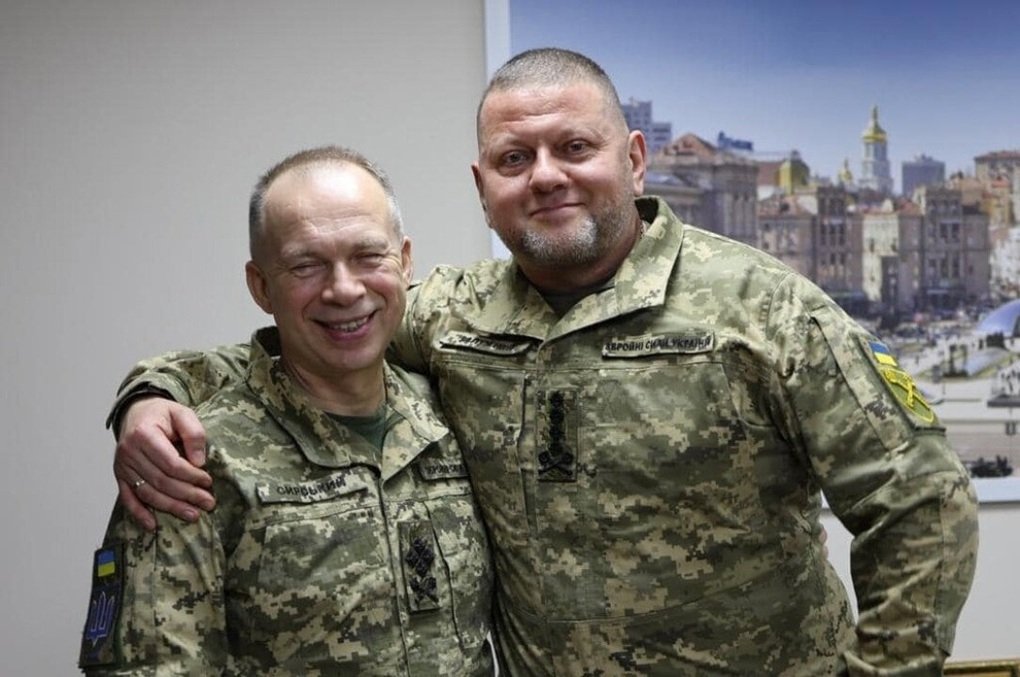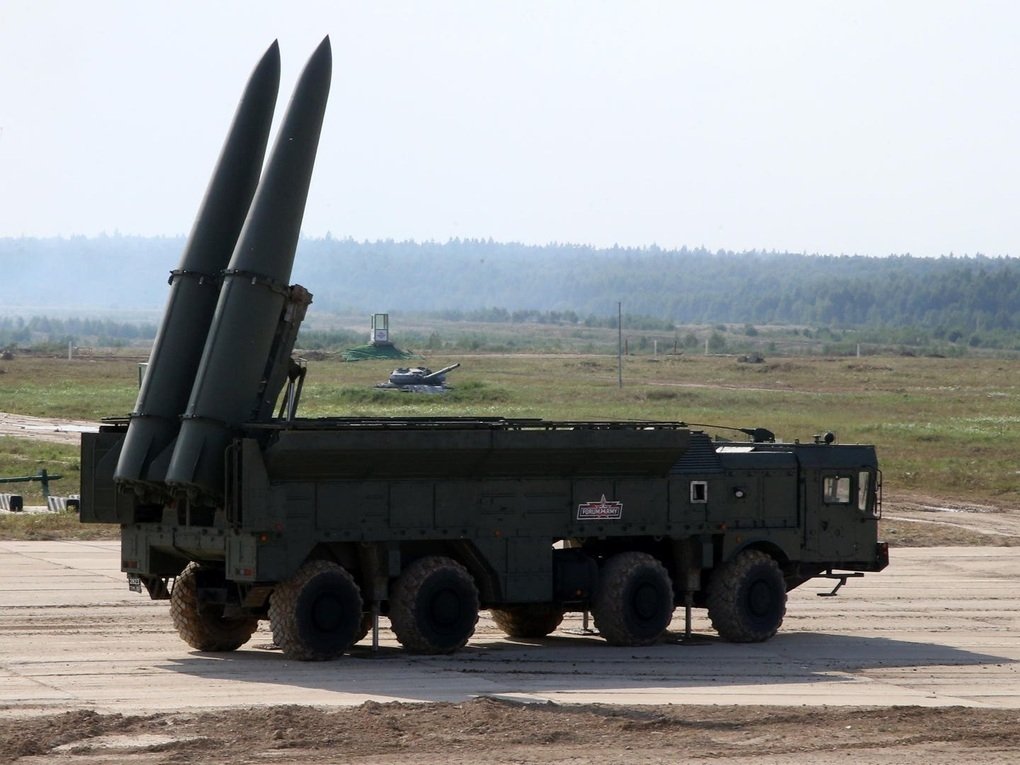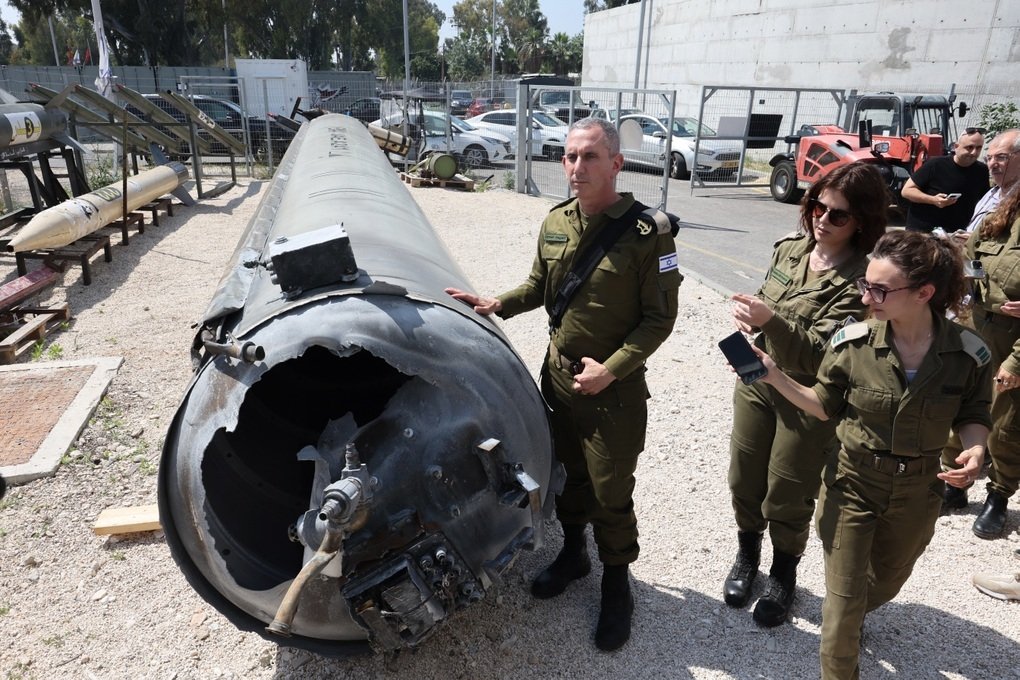(Dan Tri) – Ukraine’s new Commander-in-Chief Oleksandr Syrsky is credited with some of the most important successes in the conflict with Russia, but is also linked to perhaps the country’s biggest mistake in Bakhmut.
Former Commander-in-Chief of Ukraine Valery Zaluzhny (right) and his successor Oleksandr Syrskyi (Photo: Telegram/Sursky).
Born in 1965 in Vladimir province, east of Moscow, Mr. Syrsky attended the Higher Military Command School in the Russian capital – equivalent to the prestigious US military academy West Point, then served in the artillery corps.
In the 1980s, Mr. Syrsky moved to live in Ukraine.
After Ukraine became independent from the Soviet Union, Mr. Syrsky gradually rose through the ranks and commanded the Kiev army against pro-Russian separatist forces in the decisive battle at Debaltseve in Ukraine’s Donetsk province in 2015.
Ukraine’s defeat in Debaltseve led to a ceasefire agreement that favored the separatists and consolidated Russia’s control over Ukraine’s Donbas region, including Donetsk and Luhansk oblasts.
Even though he lost the battle, Mr. Syrsky was still awarded the Bohdan Khmelnytsky Medal by Ukraine for soldiers `with special merit in protecting state sovereignty and security`.
Get credit
Many analysts and Ukrainian soldiers believe that General Syrsky’s tactical thinking is based on military knowledge trained in the Soviet Union, and therefore believe that the decision to appoint him as Commander-in-Chief hardly brings a new approach.
Mr. Syrsky is credited with some of Ukraine’s biggest military successes since Russia launched its `special military operation,` such as pushing Russian forces from the area around Kiev in March.
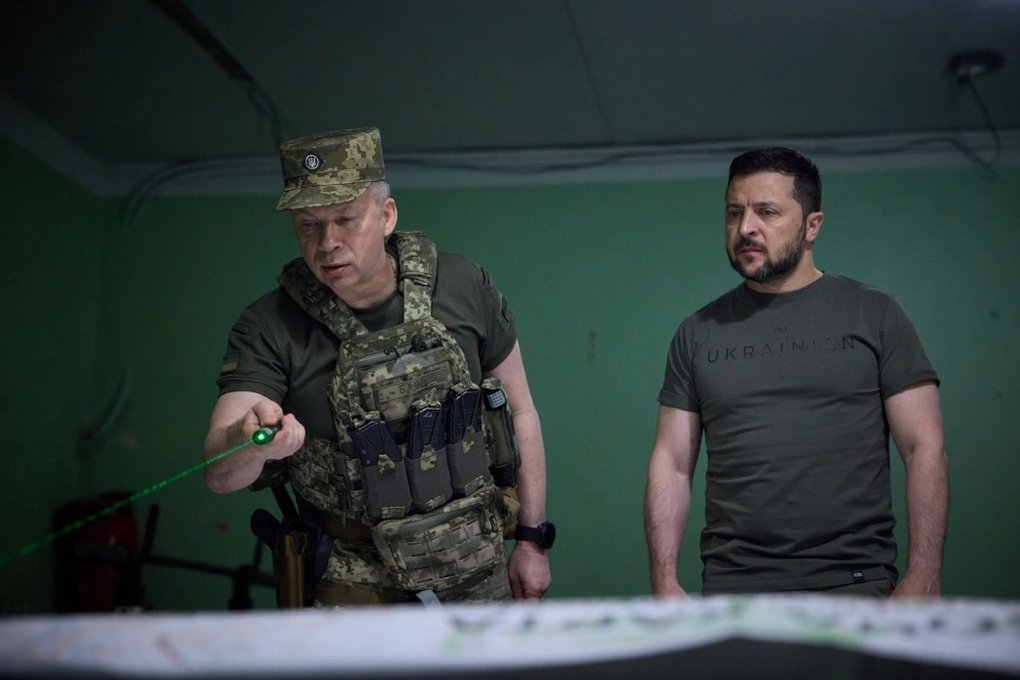
President Volodymyr Zelensky (right) appointed General Oleksandr Syrskyi as Commander-in-Chief of the Armed Forces of Ukraine (Photo: Press Office of the President of Ukraine).
When defending Kiev, Mr. Syrskyi ordered all military training centers to establish temporary battalion-sized units and transferred artillery systems commonly used in training to the capital, he told the Washington Post.
`Mr. Syrskyi divided the city and surrounding area into combat zones, then assigned generals at military training centers to command each zone. Officers on the ground can make tactical-level decisions
General Syrskyi also commanded Ukraine’s counteroffensive in Kharkiv province in the fall of 2022, thereby liberating Izium, Balakliia, Kupyansk and other cities that fell into Russian hands at the beginning of the war.
Mr. Syrsky often appears with Mr. Zelensky during the President of Ukraine’s visits to newly liberated towns.
But while in charge of ground forces during the 10-month battle at Bakhmut in 2022-2023, General Syrsky made decisions that led to heavy casualties, even entire units, for
Soldiers told the Financial Times that General Syrsky should have ordered a tactical retreat from Bakhmut months before Russia captured the city to preserve forces for a major counteroffensive in 2023.
The appointment decision caused controversy
Ivan Stupak, a military observer and former employee of the Security Service of Ukraine (SBU), told Kyiv Independent that according to Mr. Stupak’s own sources, General Zaluzhny himself nominated General Syrskyi as his successor.
`Another plus is that he (Syrskyi) is not far from the army… he is active and knows almost everyone in the army,` Mr. Stupak said.
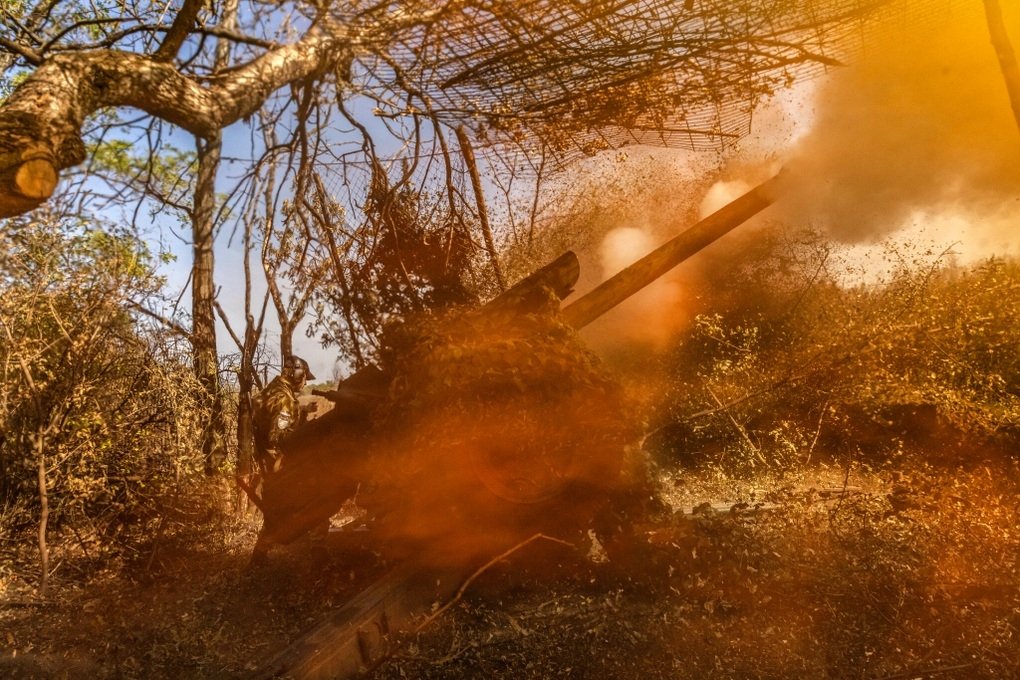
Ukrainian soldiers of the 10th Mountain Assault Brigade fired 122mm artillery at Russian positions on the outskirts of Bakhmut on October 4, 2023 (Photo: New York Times).
But the news of General Syrsky’s appointment still caused turmoil in the ranks of the Ukrainian army.
`We are in danger,` a soldier wrote on social network
A number of Western officials involved in policy work on Ukraine and analysts advising Washington have secretly expressed doubts about Mr. Syrsky’s decision-making ability since the beginning of the war, and are concerned that he
Even taking into account General Syrsky’s experience and skills, the Ukrainian army will still have a challenging transition period, according to Ihor Romanenko, retired Lieutenant General and former Deputy Commander-in-Chief of Ukraine.
`There is a risk that the leadership will be somewhat weakened for a while,` Mr. Ihor told a radio station.
